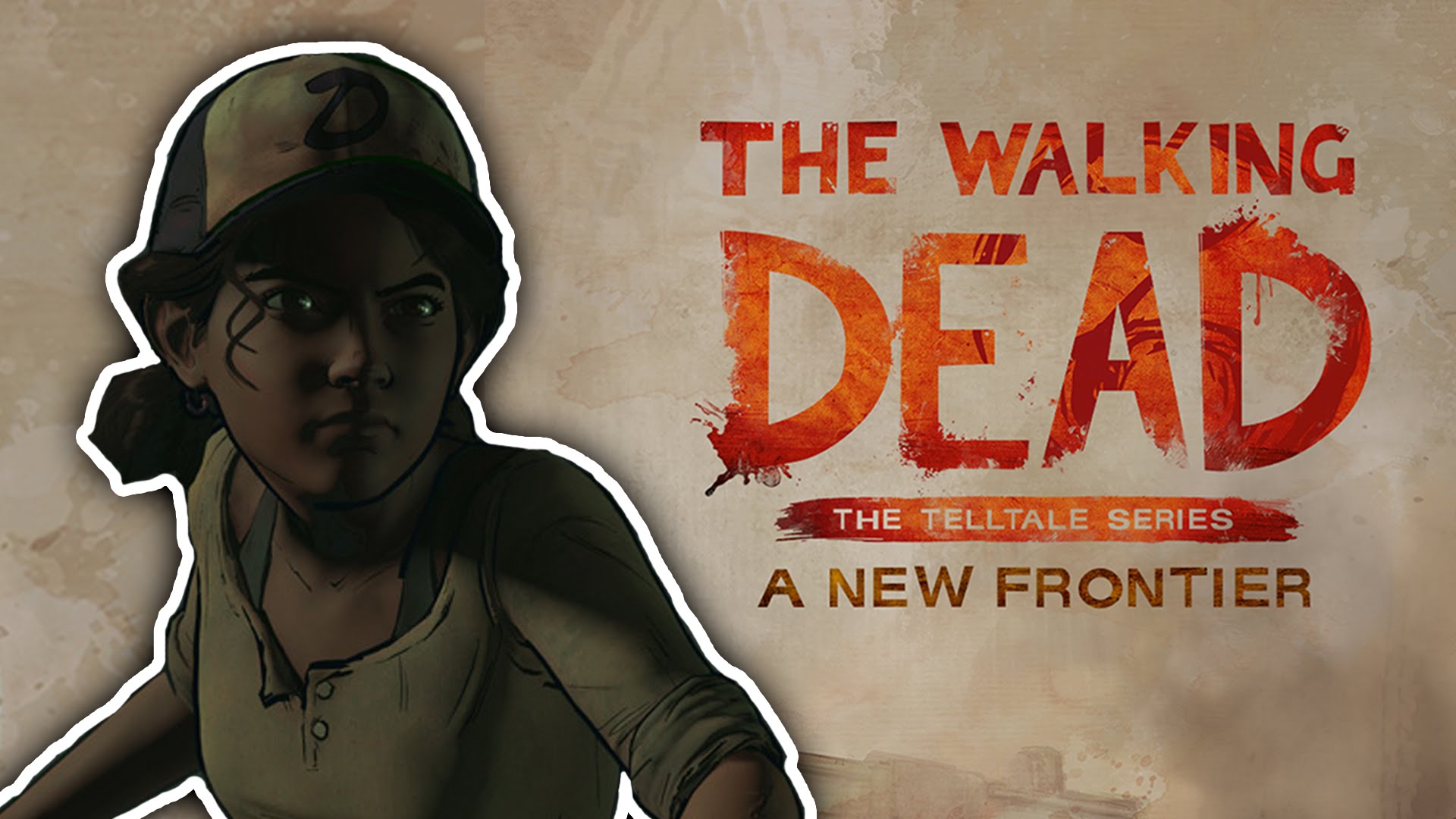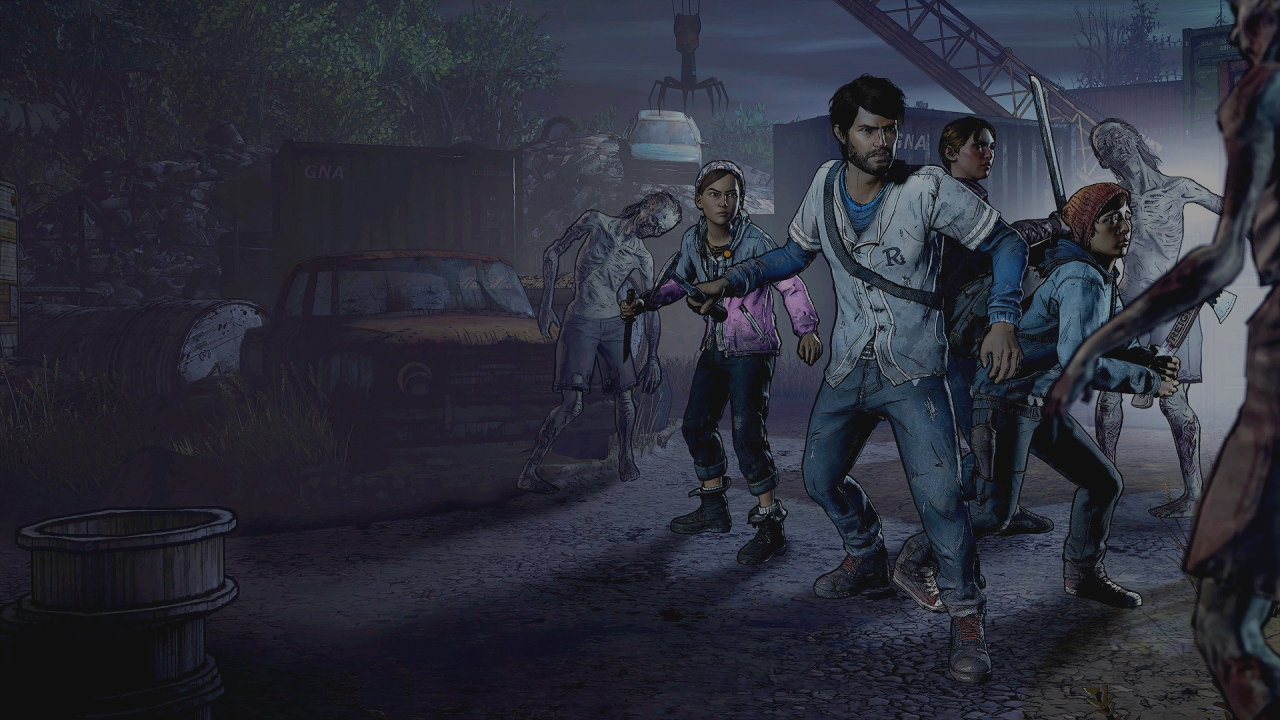

I’m willing to accept the monotonous gameplay if the story is compelling, but there was just never enough of a build-up in themes or characters throughout to make this a truly enjoyable story. I know exactly what’s on the tin for each episode now: a series of conversation decisions that don’t make an impact, five big, obvious decisions that will, and one to two QTEs where I’ll mash Q and E until I can progress forward. If, for example, I was presented with a choice between the two of them, I’d be hard-pressed to pick one just because I barely knew either of them.īut whether or not this weakness is attributable to a loss from Season 1 or no, there’s no denying that The Walking Dead A New Frontier suffers from the repetitive gameplay Telltale can’t seem to innovate in any meaningful way. This resulted in my relationships with characters like Tripp and Ava feeling…well, non-existent. Later, when I had to choose who to save in a tricky situation, I could feel the weight of the decision because I had learned something personal about each character and cared about their fate.īut since Season 1, Telltale has abandoned these open moments and kept the player mostly on rails, limiting my conversations with members of my group to important story beats or just a sentence or two.

To reference Season 1 once again, every episode gave the player an open opportunity to walk around the camp and have in-depth conversations with each member of it, including making some key decisions while doing so that influenced our relationships.

Telltale Games’ decision-making as to what consists of compelling gameplay lately has me stumped. When Telltale finally hit its stride in the final episode, the impact of my decisions was blunted by the fact that I wasn’t invested in most of the people I was traveling with. As a result, attempts to make me care about Javier and his companions faltered. But The Walking Dead A New Frontier’s narrative spends most of its episodes floundering as Javier and Clementine duke it out for the spotlight, with Clementine’s briefer moments taking the greatest toll on your tear ducts purely based on the build-up from previous seasons. Of course, it’s Clementine.ĭon’t mistake me. Were we meeting a new lead and a new group, building relationships with them through dialogue, and setting them up for failure or worse failure based on our choices? Or was all this just a set-up for Clementine? But while Season 2 managed to find some moments of its own despite the gradual descent into Bad Telltale Gameplay that’s permeated all of their other games since, Season 3 wasted four out of five of its episodes not sure what story it wanted to tell. No season of Telltale’s The Walking Dead has affected me the way Season 1 did, and since its heavy conclusion, I’ve found that almost all emotional impact landed by the series has been based on my memories of that season.


 0 kommentar(er)
0 kommentar(er)
